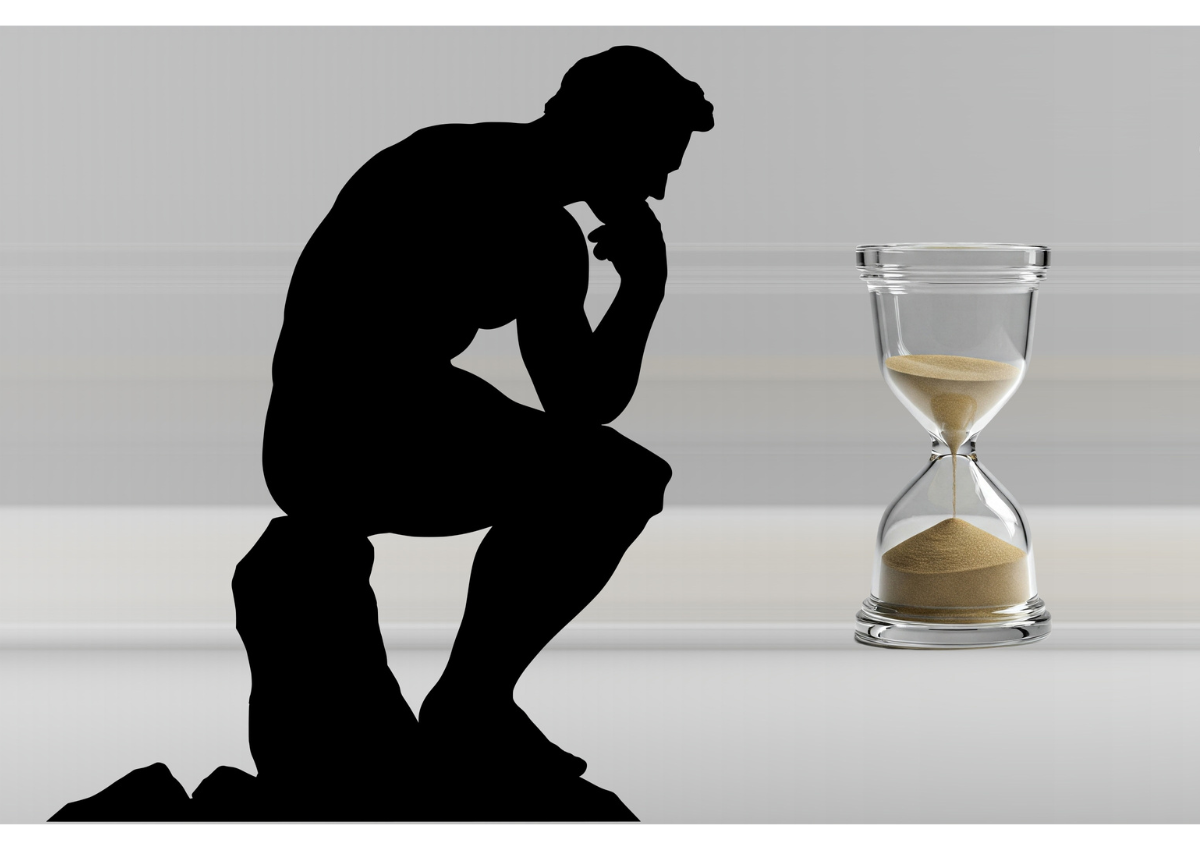Why We Procrastinate on Things That Matter and How to Break That Pattern
You know that feeling?
You may have told yourself for months — maybe years — that you’ll finally get serious about that one thing. Maybe it’s fixing your sleep schedule. Maybe it’s starting a side hustle. Maybe it’s organizing your files, exercising, or repairing a broken relationship. It matters to you. You believe in it. And yet… it doesn’t seem to happen.
If this sounds familiar, know that it’s human. But something needs to be done about it, and understanding why we delay the important can be the first step toward change. (This article was generated and made with the help of AI).
The Hidden Reason We Might be Delaying What Matters
People may often assume that we procrastinate because we’re disorganized or lazy. But the truth can go deeper than that. We may be delaying life-improving tasks because those tasks don’t come with external pressure.
When something doesn’t feel urgent — no boss, no deadline, no immediate short term consequence — our thoughts might label it as “optional,” even if it’s essential. In contrast, tasks like paying bills, showing up to work, or attending appointments get done because they’re time-bound and come with social or financial consequences.
But personal growth doesn’t send calendar reminders.
Motivation?
Another reason we delay is that we’re waiting to “feel like it.”
But motivation isn’t the magic key most people think it is. It’s inconsistent and emotional. Waiting to feel that motivation you once had is a bit like waiting for lightning to strike the same spot twice.
So if we can’t rely on urgency or motivation, what do we rely on?
The Power of Structure
The people who get the hard stuff done — exercising daily, building businesses, learning new skills — don’t necessarily do it because they’re constantly inspired. They do it because they’ve have structure around the task.
Structure makes a decision once, so you don’t have to keep making it over and over again. For example:
- Scheduling workouts with a partner
- Joining a writing group with weekly check-ins
- Using habit trackers or public accountability
- Setting daily time blocks for deep work
The more structure you have, the less your results depend on willpower.
Start Smaller Than You Think
When a task feels too big, our brain chooses short-term comfort over long-term benefit. That’s why the advice “just start” works — but it needs to be even smaller than you think.
Instead of saying, “I’ll write for an hour,” say, “I’ll write one sentence.”
Instead of “I’ll clean the whole kitchen,” say, “I’ll wash one plate.”
Instead of “I’ll start running,” say, “I’ll put on my shoes.”
Why? Because momentum is powerful. Action leads to motivation, not always the other way around. Once you begin, even for 60 seconds, your brain switches gears.
Remove the Weight of Perfection
Sometimes we delay important tasks because we want to do them perfectly. But that pressure for some is exaggerated and debilitating.
You don’t need the perfect schedule, the perfect plan, or the perfect setup. You need movement. Start, correct and improve things along the way.
One messy draft is better than no book. One rough workout is better than no exercise.
Track Your Wins, Not Just Your Gaps
One reason people may give up on improving their lives is because they constantly feel behind. They focus on how far they have to go, not how far they’ve come.
Try this instead: at the end of each day, write down three things you did — no matter how small — that moved you in the right direction. This can train your brain to notice progress, which may reinforce the habit.
Ask Yourself Better Questions
When you catch yourself delaying something that matters, don’t just say “I’ll do it later.” Ask yourself:
- What am I avoiding?
- What’s one small step I can take now?
- What would the future version of me thank me for doing today?
These questions can help pull your focus out of autopilot and back into intentional living.
Conclusion 🧠✨
Many people might fail, not because they don’t care, but because they expect motivation to carry them, or because they’re paralyzed by the pressure of doing things perfectly.
Change doesn’t always come from giant leaps. It can come from small, consistent actions taken even when you don’t feel ready.
So don’t wait to feel different. Don’t wait for the “perfect” day. Don’t wait for pressure.
Start where you are. Start small. Start today.

